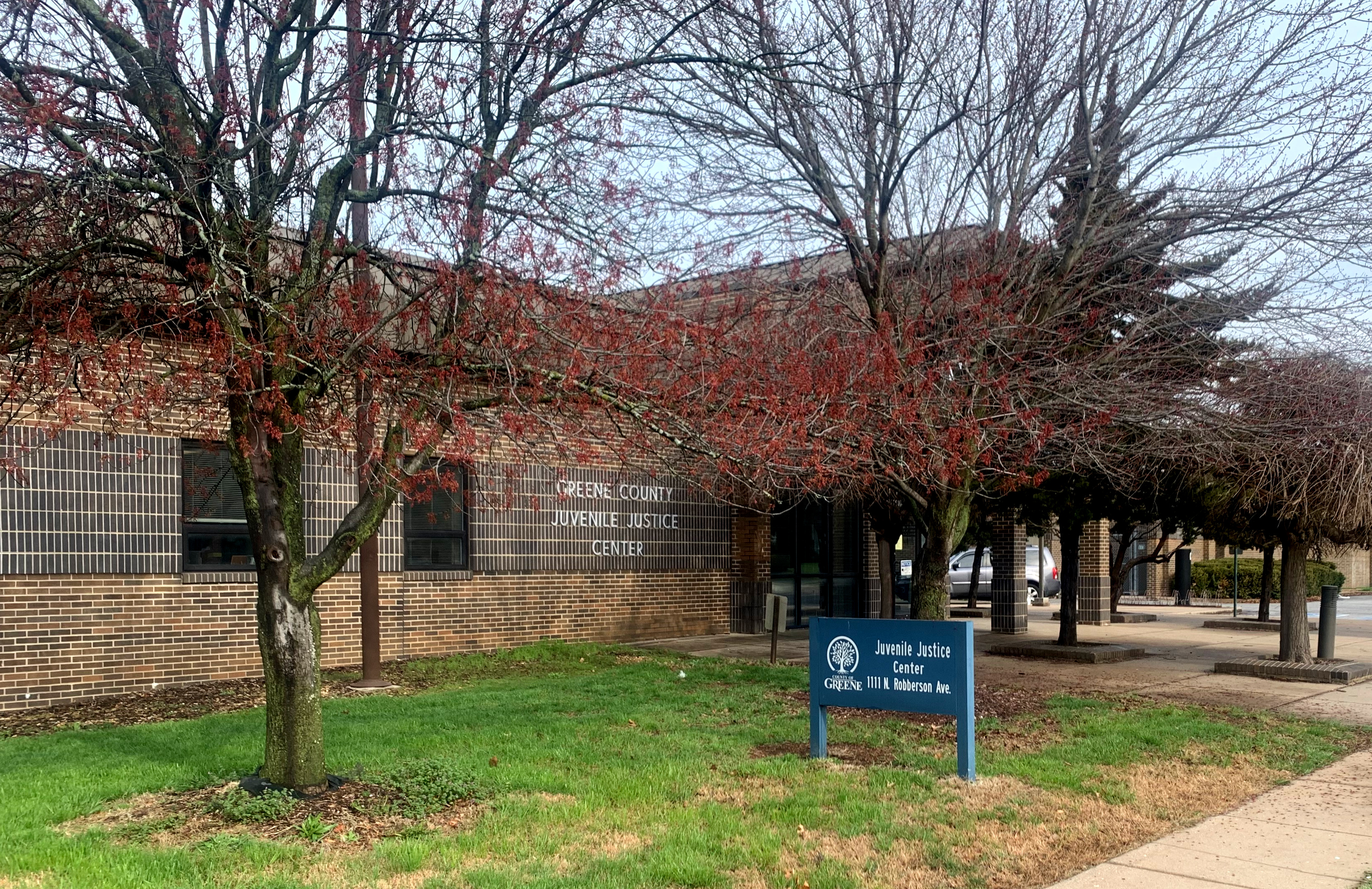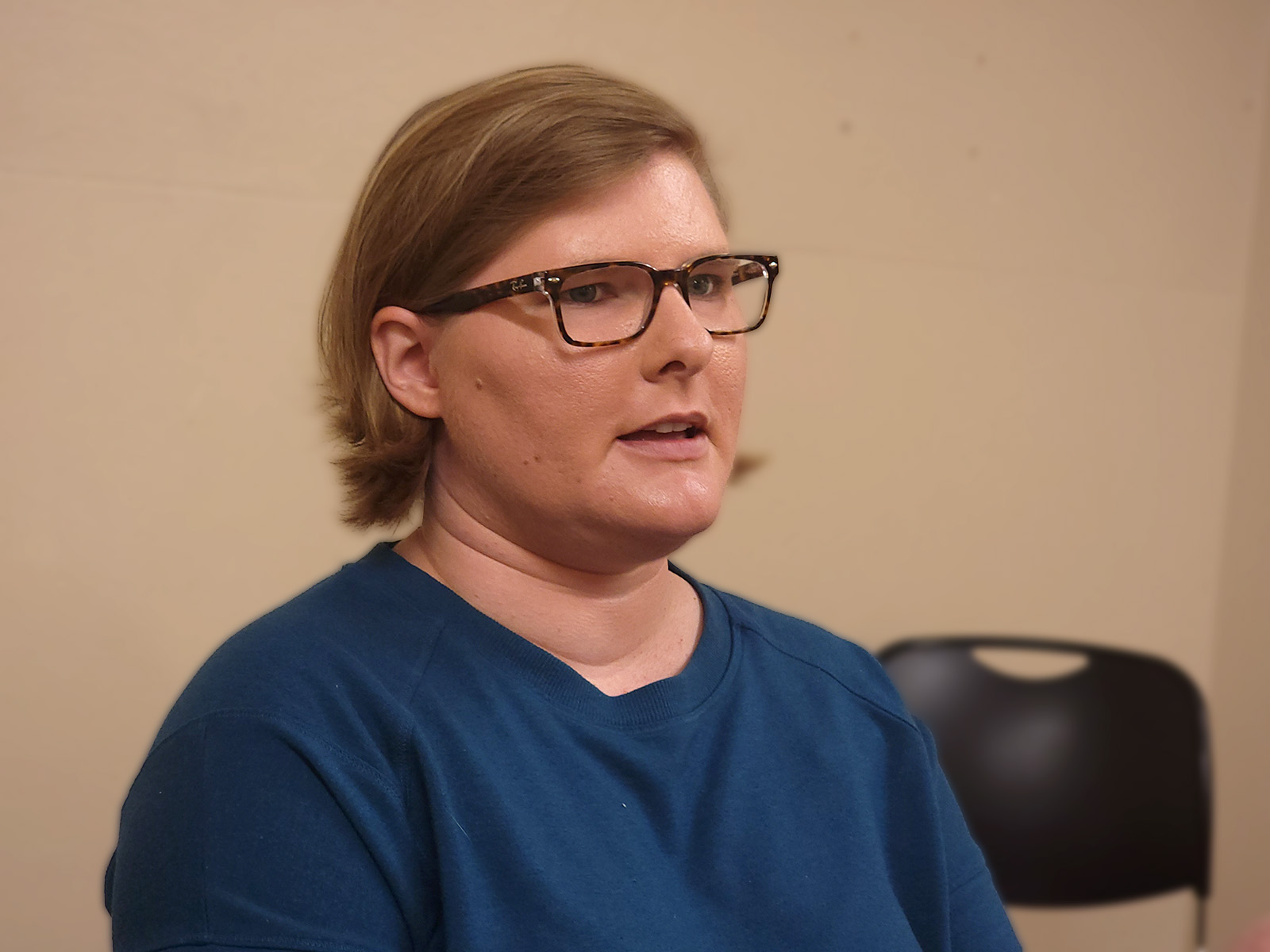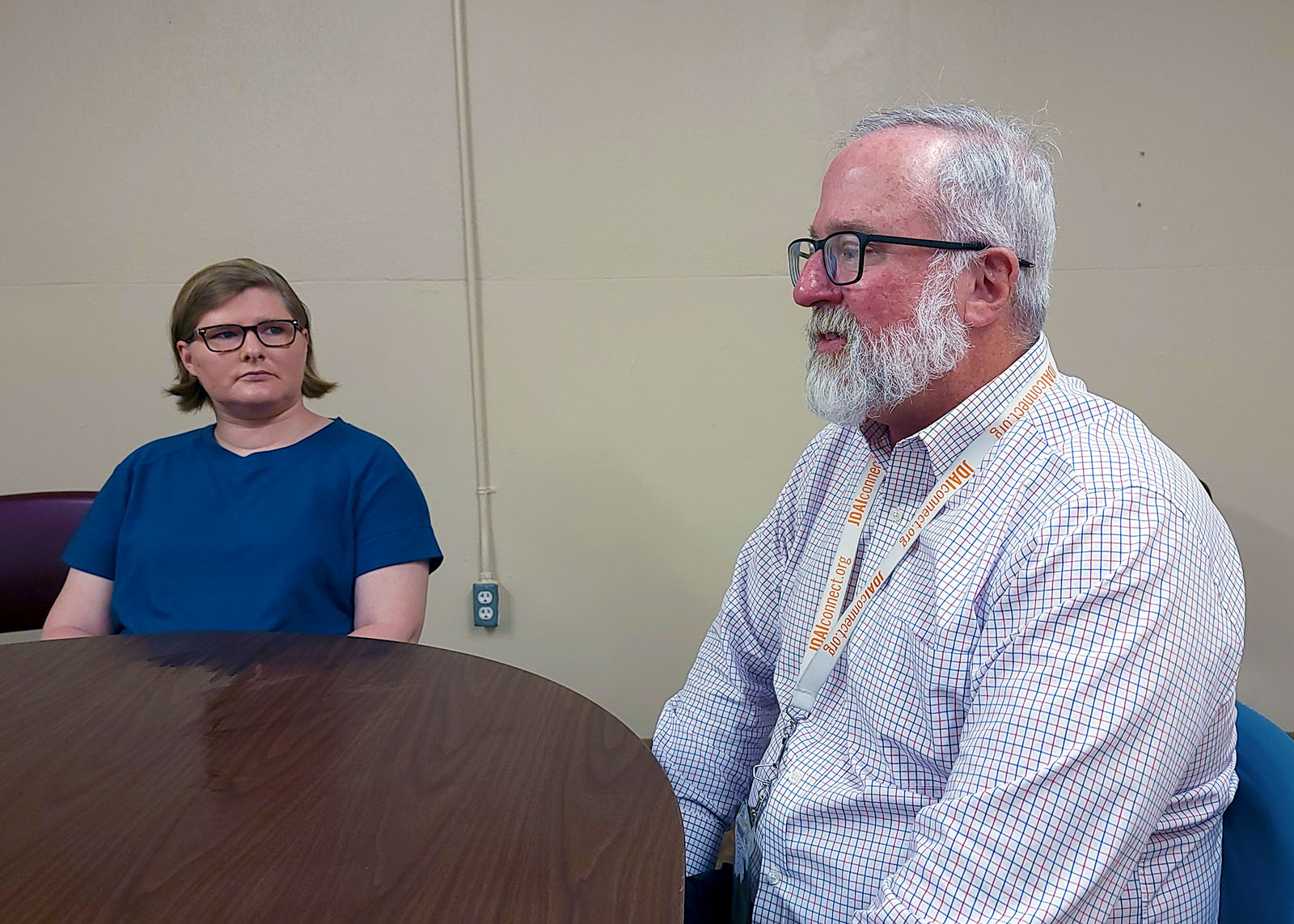In 2015, it was challenging to track the successes — or shortcomings — of the Greene County juvenile justice system. Today, with a data-driven approach, Greene County has become a national model.
That is why Bill Prince, Greene County’s family court administrator and chief juvenile officer, and Rachel Hogan, the director of quality services at the Greene County Juvenile Justice Center, are leading a conversation about “fostering a continuous quality improvement culture in child welfare and family court” at the National Council of Juvenile and Family Court Judges’ (NCJFCJ) 86th annual conference.
The conference, which takes place in Baltimore in July, is an opportunity for judges and other juvenile and family court professionals to learn and share their successes. It will be Greene County’s next stop in showing off the positive outcomes collecting and analyzing data can have on the juvenile justice system.
“We're moving to a place where we should be able to know live time, what's the percentage of kids that recidivate, that went to diversion,” Hogan said. “I just think we have a lot of vision to be able to produce more live time statistics that normally it would take three to six months to develop.”
Greene County a “laboratory for change”

When Prince was first appointed to his position at the Greene County Juvenile Justice Center in 2015, he knew, as a “non-math guy,” that he and the staff needed statistics to measure the success rates of their services.
“One thing that sort of struck me is that we really didn't measure anything,” Prince said. “We were kind of doing the same thing, day after day, without an eye on results.”
Greene County wasn’t alone in the shortcomings of data tracking in its juvenile justice system.
“It’s pretty rare across the country that people track their outcomes,” Hogan said. “Everyone kind of has an understanding of the number of cases that come in, but to be able to lift like your reunification percentage, that’s kind of a struggle across the country.”
Their data-driven approach began to take form in 2018 when Hogan was hired. Hogan sought to focus on “effectiveness and efficiency” and adopt a growth mindset. It was also during this period of time that Greene County became a “laboratory for change,” and applied to become an “implementation site” of new industry practices through a competitive application process with the NCJFCJ.
Joey Orduna Hastings, the CEO of NCJFCJ, praised the progress Greene County has made since it started leaning into data collection and analysis.
“Data can be challenging,” Hastings said. “It can tell you things you don’t really want to know, but that you need to know.”
Data provides numbers, and an opportunity for positive change
It’s not just about simply collecting the data though, but disseminating it and using it to enact positive change.
In April of this year, Prince and other juvenile system professionals shared some positive data points at the Child Abuse and Neglect Collaborative’s Go Blue event in Springfield. Petitions and referrals are down. The reunification rate of parents and children is up. The average length of time kids spend in foster care is down.
“I think it’s been really neat to just continue to gain buy-in from the staff so that they’re confident in their data entry, because it’s kind of that mentality of ‘garbage in, garbage out,’’' Hogan said.
That mentality on display led to the Greene County Juvenile Justice Center to start receiving national recognition, which has culminated with a slew of conferences. Prince, Hogan and others share their model with colleagues across the country.

Prince said that other juvenile offices around the country have emulated Greene County’s annual reports and Hogan’s job description. Hogan hasn’t managed this data-driven transition alone, as they have since added a grant and project coordinator and quality services analyst to her unit.
In addition, the Juvenile Justice Center has restructured the organizational hierarchy. While Prince used to have most of the staff report directly to him, they have diffused responsibilities to directors like Hogan.
“That bureaucratic inertia can really stop you from trying to accomplish the things you're accomplishing,” Prince said.
This past week, Prince and 31st Circuit Judge Andy Hosmer led a discussion on organizational change in Atlanta.
Next stop: Baltimore
Like becoming an “implementation site” with NCJFCJ, it’s also a competitive process to be selected to speak at their conferences. Greene County has competed well, and stood out to Hastings and the NCJFCJ.
The four day program, beginning on July 16, consists of dozens of sessions, speakers and an Orioles baseball game for the 500-700 judges, counselors, data analysts, attorneys, court administrators and other professionals.

Prince and Hogan not only attend these conferences with successes to share, but a hope to identify cutting edge practices to bring back to Springfield.
“Anything that we can do to improve practice, because we've stolen ideas in the past from others, and they are more than welcome to steal ideas from us,” Prince said. “We're not trying to pigeonhole these things…the end goal of all this is better outcomes for youth and families.”
While Prince was happy to reflect on their successes, and share them with colleagues around the county, he acknowledged that there is still plenty of progress to be made in Greene County.
Problems persist, but Greene County continues to look for new ways to bring change
“When you start scratching down a little bit, and you see that there's all kinds of family issues there, and you know they kind of have arms and legs in the abuse and neglect system,” Prince said. “Then you see kids who are in the abuse and neglect system, who ended up kind of moving over into the criminal justice of the juvenile justice system. And then you put on top of that significant mental health needs that these kids are having.”
Prince said that the detention center has become a “catching ground” for some of these kids with mental health needs, and hopes to find alternative solutions for them. He said that Julia Austin, the director of Youth and Family Programs, is in the process of collaborating with law enforcement agents and mental health medical facilities.
Hogan, meanwhile, is continuing to gather data. She’s trying to get a better picture of Greene County’s delinquency cases, working on developing a recidivism study and improving data management in addition to her annual reports.
“We are kind of like the Life cereal,” Prince said, in reference to commercial ads that ran in the late 1970s that depicted a kid named Mikey that was compelled to “try” Life cereal.
“Greene County is kind of like Mikey, we like to try new things.”


